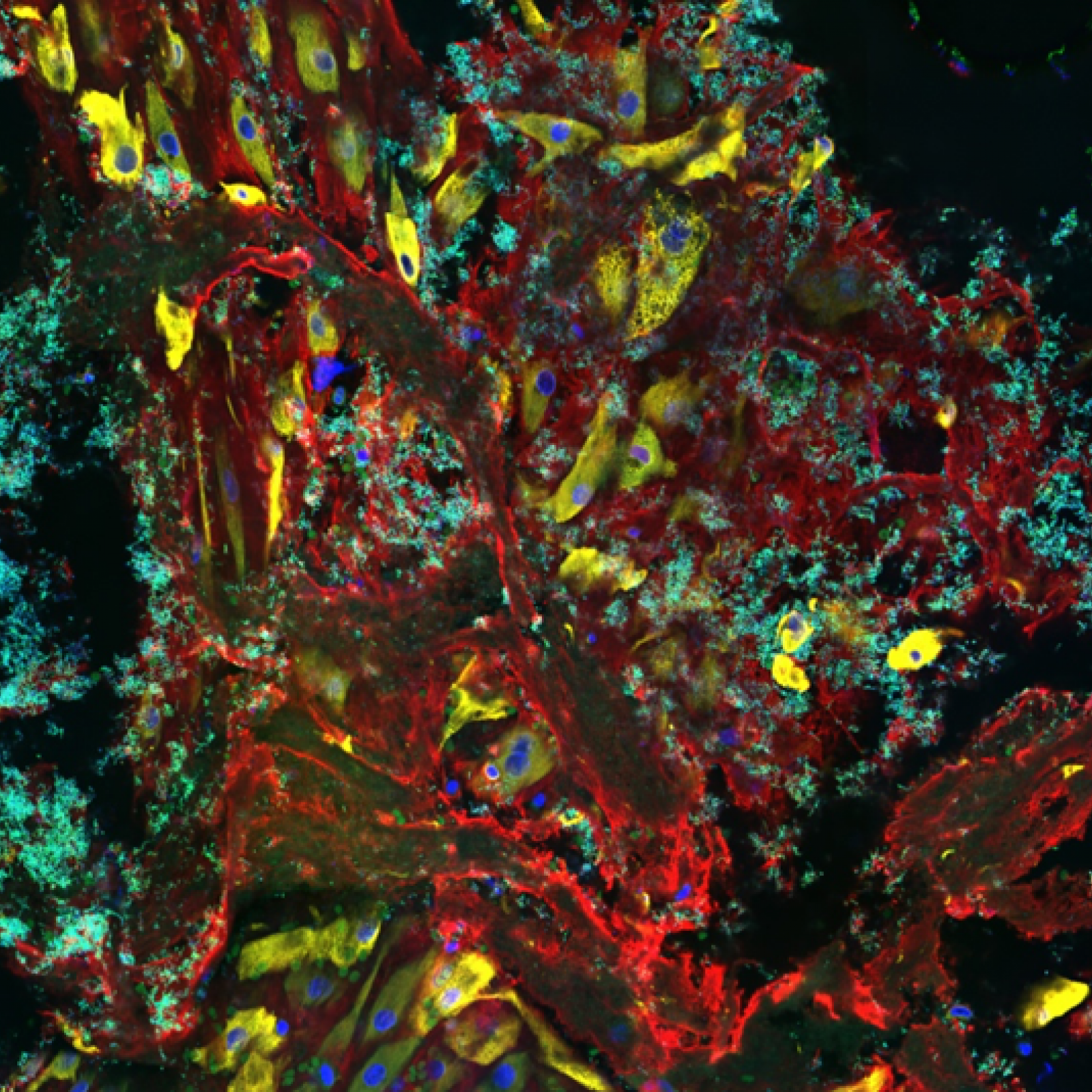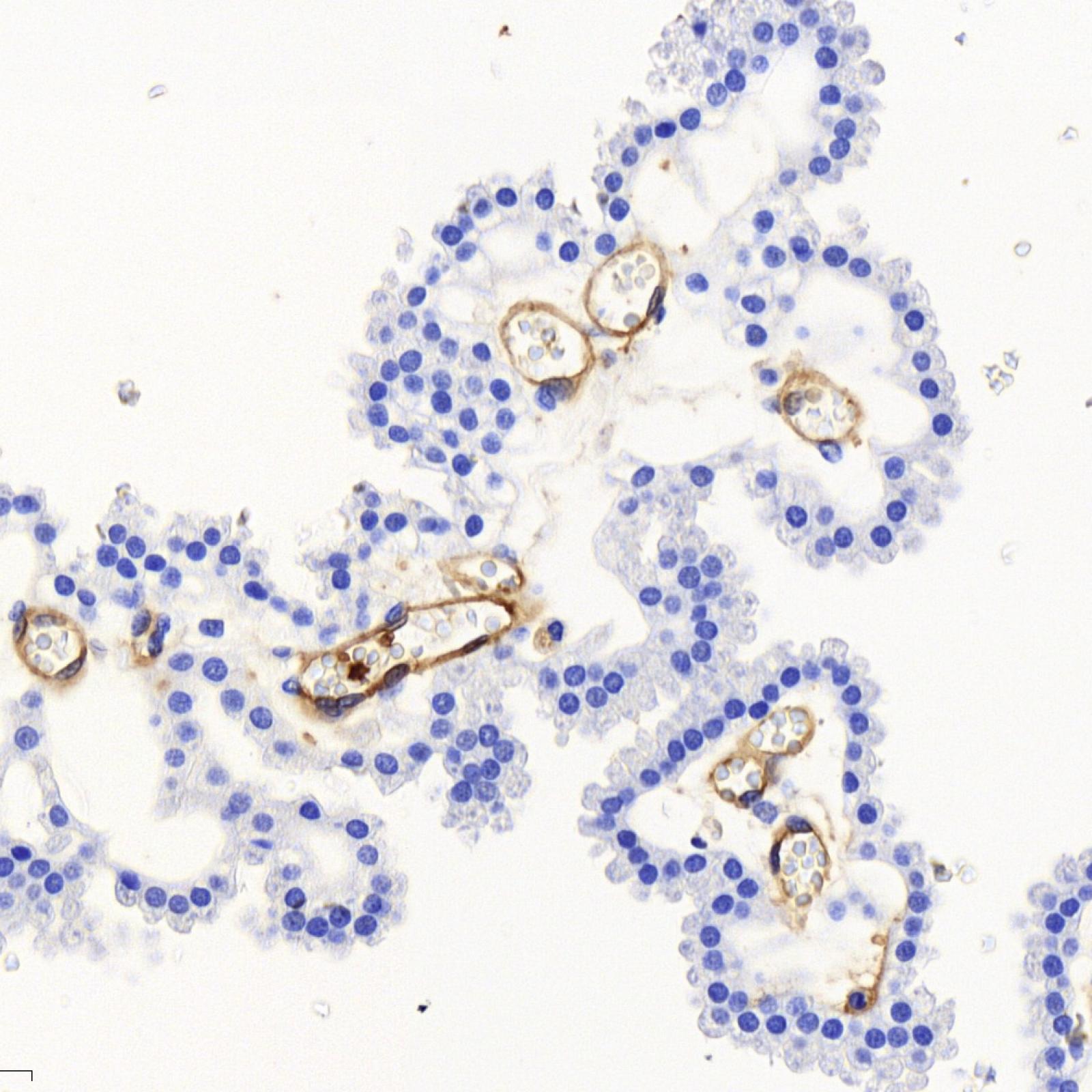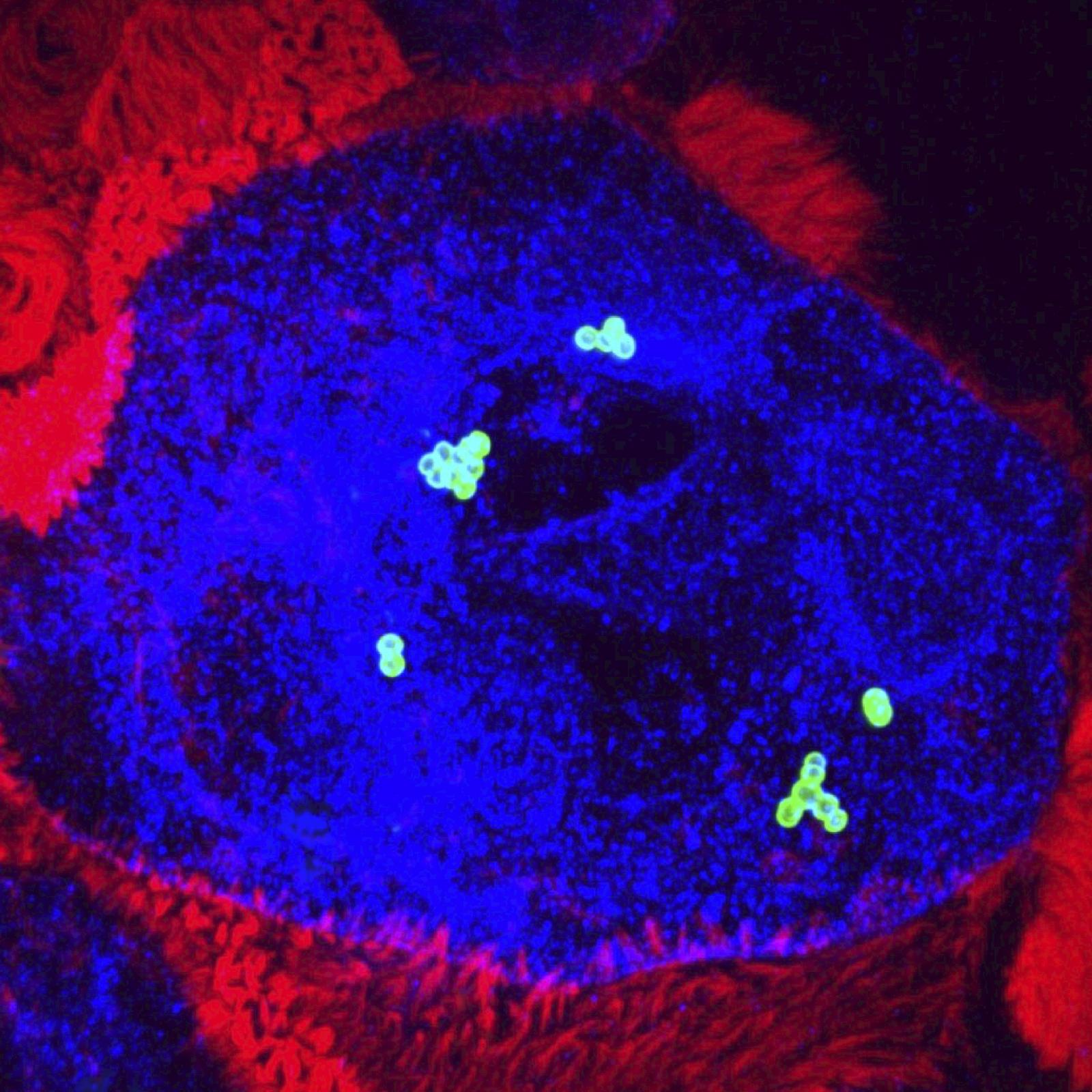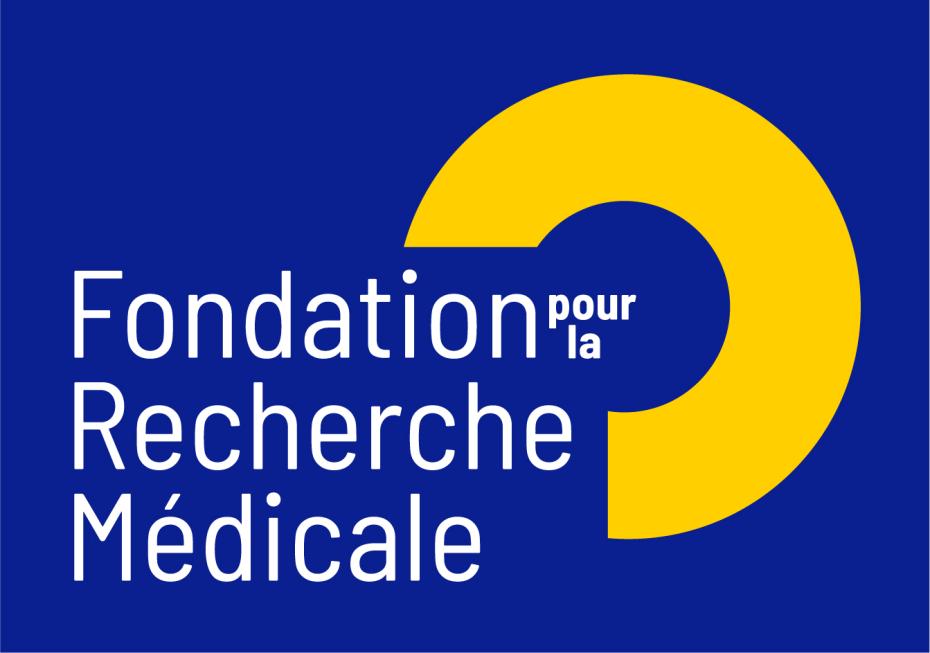Bacteria and perinatality
Our research is related to the pathophysiology of two major Streptococci, group A (GAS, Streptococcus pyogenes) and group B (GBS, Streptococcus agalactiae) Streptococci, which are involved in severe invasive infections occurring during pregnancy or the neonatal period.
GBS is found in the intestinal and vaginal flora of 10-30% of healthy adults. However, GBS is the leading cause of neonatal infection. Our goal is to understand why an adult commensal bacterium is a formidable pathogen of the newborn. We identify the mechanisms by which GBS can cross physiological barriers, mainly the digestive and blood-brain barriers, and escape the innate immune system. We are interested in the bacterial factors involved and the host factors with which they interact, as well as the predisposition of the infant. In this context, we study the appearance or disappearance of cellular factors and the maturation of physiological barriers during the first weeks of life. We also study the microbiota of the newborn as a function of age and environmental parameters such as the administration of antibiotics.
SGA is responsible for mild infections, such as pharyngitis, or severe ones, such as necrotizing fasciitis, streptococcal toxic shock syndrome or puerperal fever. We are interested in the early stages of invasive infections which involve adhesion to a tissue, growth of the bacteria on contact and invasion of the tissue. Here again, the bacterial and cellular factors involved are investigated and the immune response of the host tissue is analyzed.
Finally, Claire Poyart directs the National Reference Center for Streptococci (CNR-Strep) which collects clinical data sent by a network of clinical laboratories throughout France and characterizes at the molecular level the strains responsible for invasive and non-invasive infections.





















